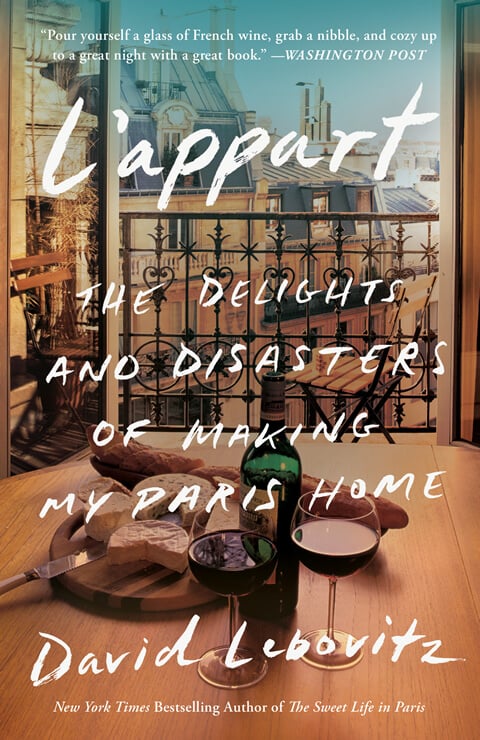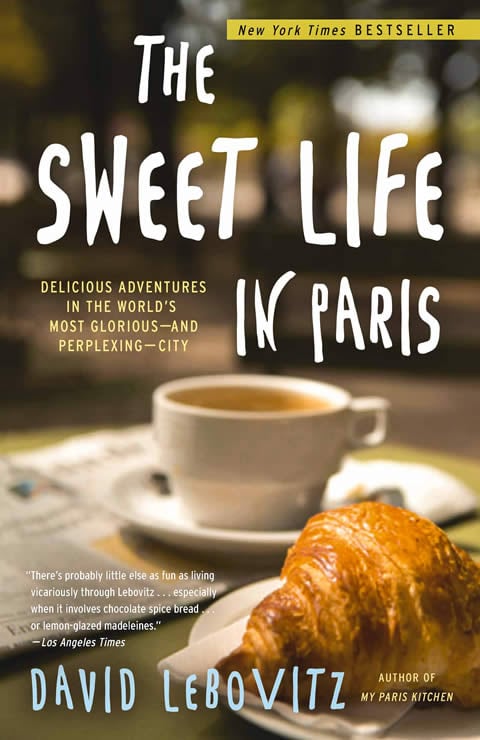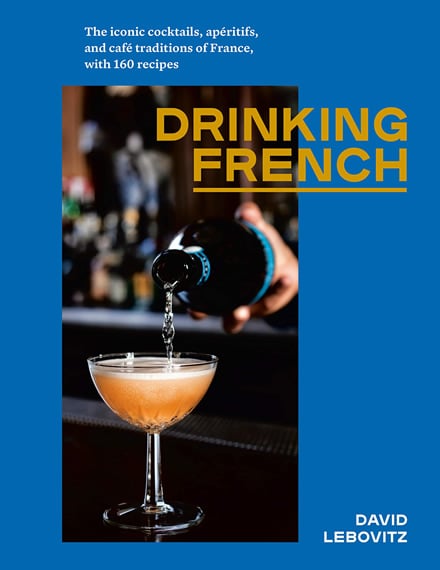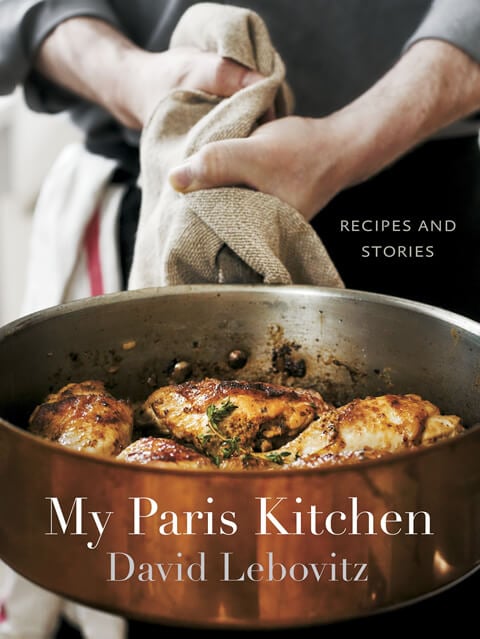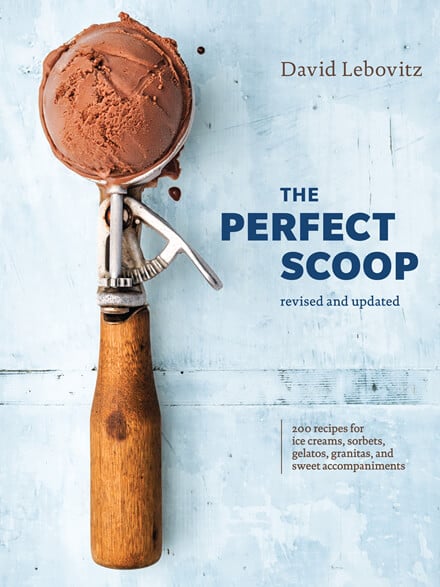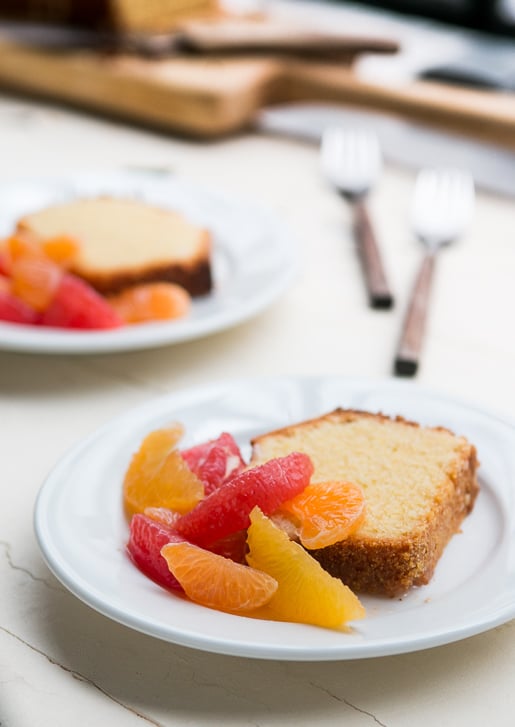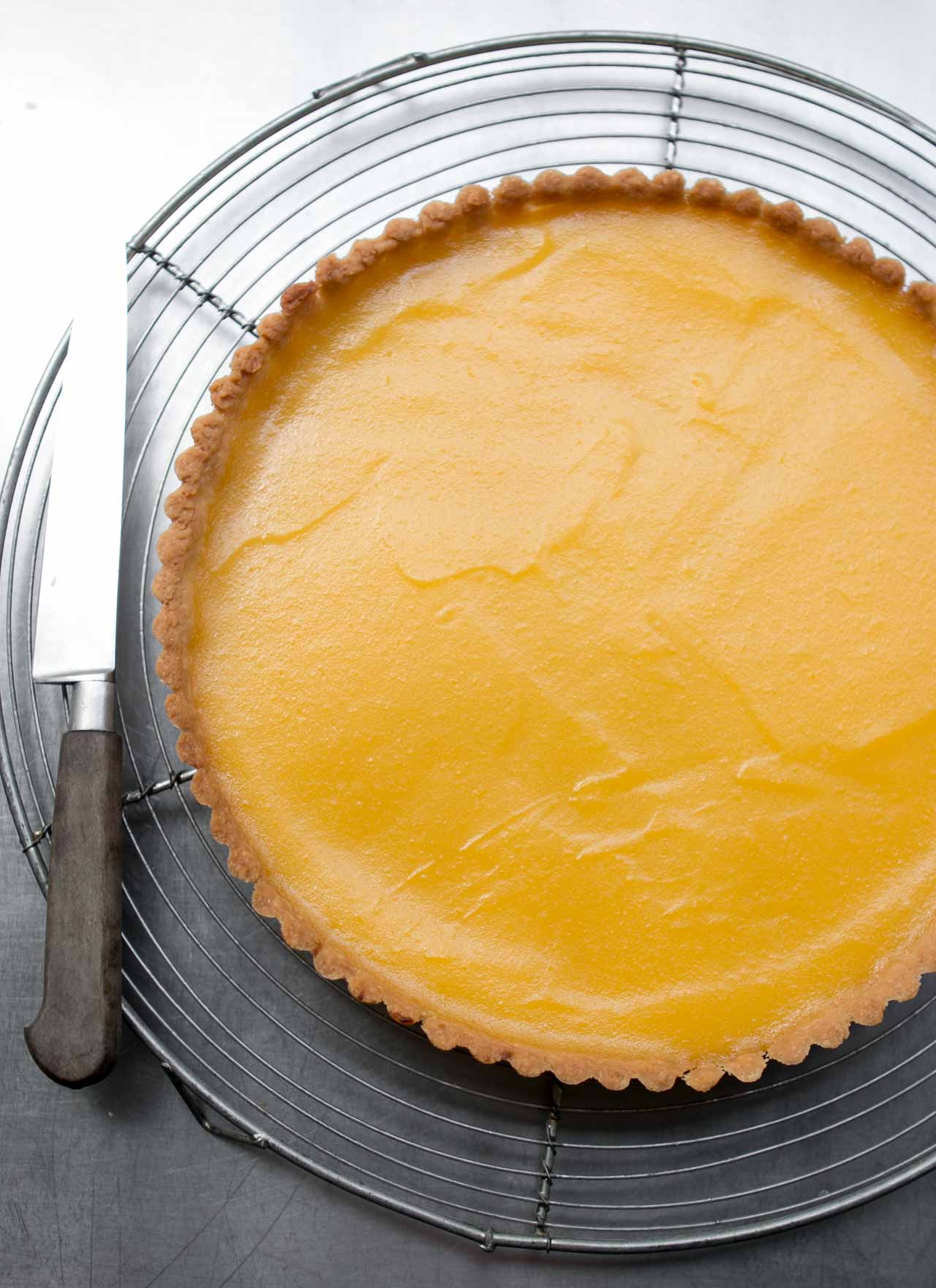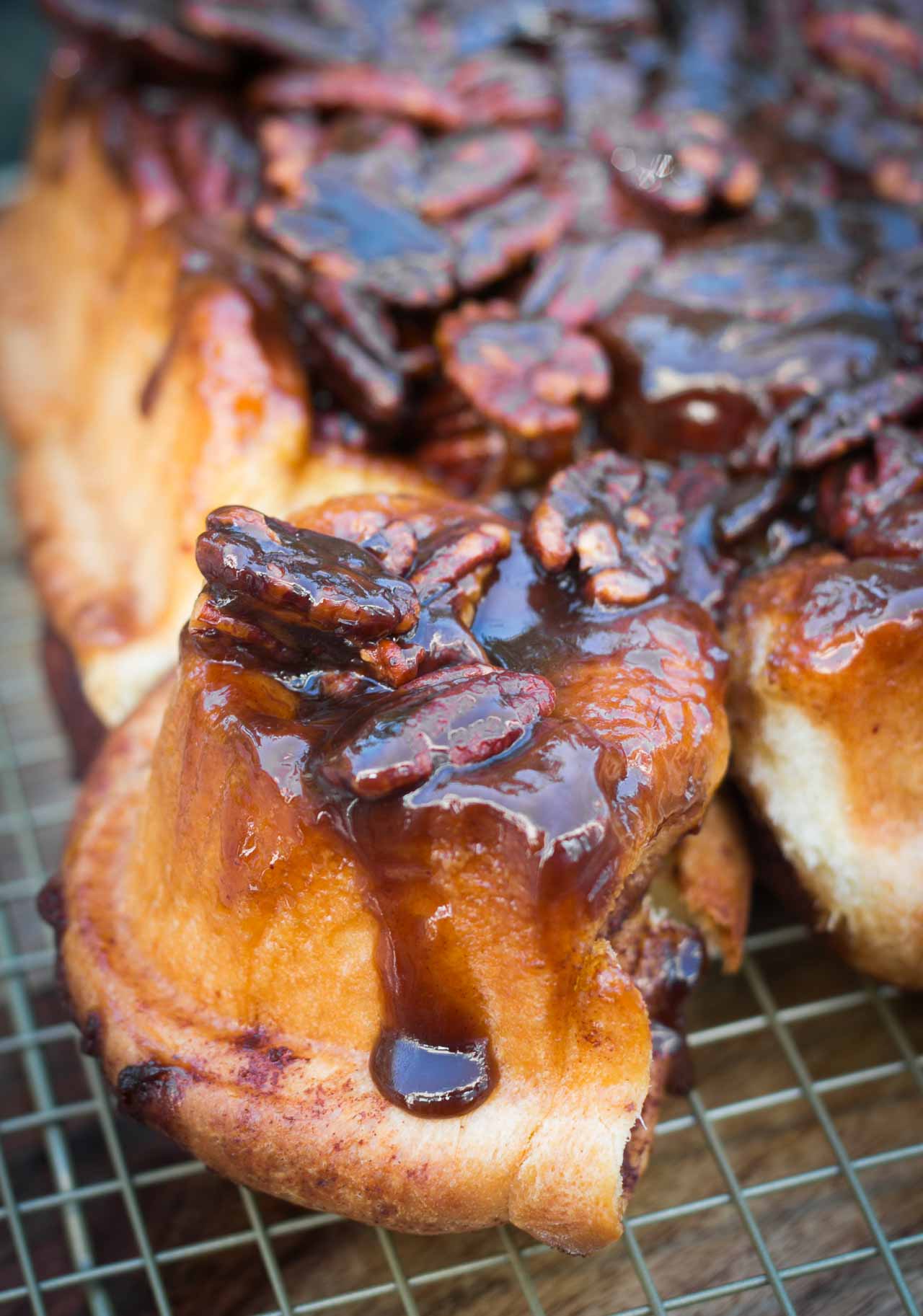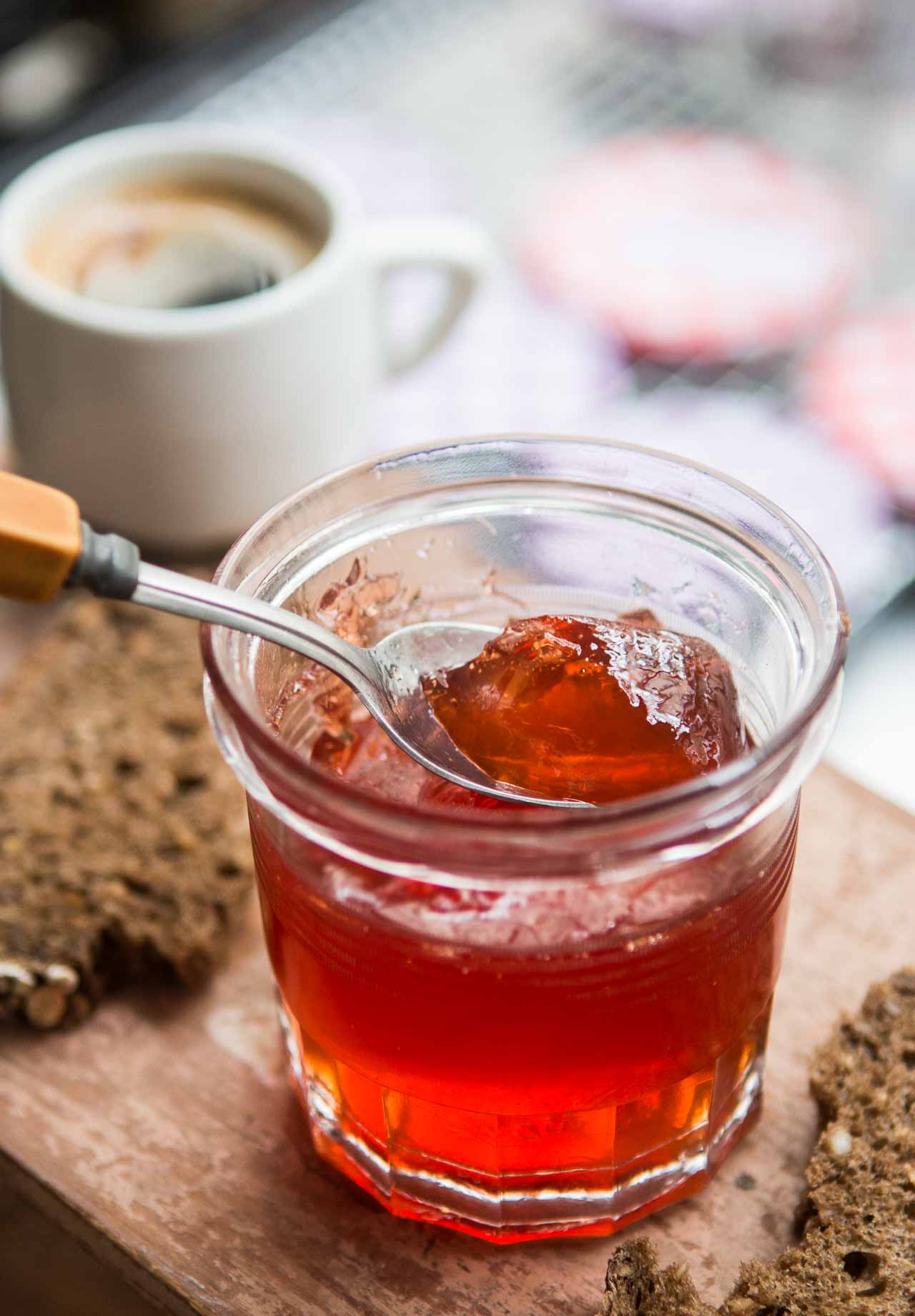Paris Organics
When I take Americans to a market here in Paris, a common query is, “What do they think about organics in France?” The two markets I shop at regularly, the Richard Lenoir Market and the Marche d’Aligre, don’t have much in the way of anything organic. There is one vendor who regularly shows up at the Richard Lenoir market with a gorgeous array of fruits and vegetables. The downside is the price is much, much higher than conventional produce, often 3 to 6 times higher. Still, I always stop to take a look and admire what she has and since it can be difficult to find unusual vegetables here, such as parsnips and multicolored Swiss chard, I succumb.
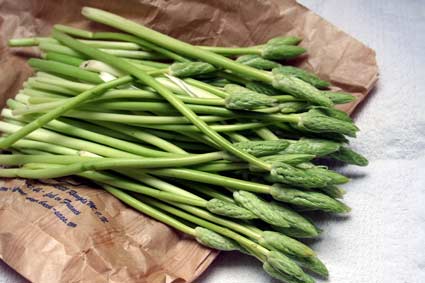
I’ve spoken to a several French chefs about organics, inquiring why it’s not really a movement here in France like it is in the United States. Surprisingly, every response is similar; “Why are Americans so obsessed with organics? We use very little pesticides on the produce in France.”
France is a major user of pesticides. Is the movement really a major cultural change in the United States, more so than in France? Are Americans finally taking a much closer look at the foods we eat? I would definitely say “yes”, as evidenced by the popularity of natural-foods megastores, artisan chocolates, and the like, but that doesn’t seem to be happening here. Maybe it’s because the French never strayed that much from their agricultural roots to begin with. Farmhouse cheeses and good breads are easily available, even in supermarkets, and wine is chosen based on the region, not by the grape variety (which is changing, in a rare nod to globalization.)
Most French chefs seem primarily interested in the terroir, that vaguely-translatable term that means that the product is a sum of the elements from where it’s grown; the soil, the climate, the cultivation techniques…the ‘territory’ of origin, gives food its certain “Je ne sais quoi.” That’s why the sweet corn in New England will always taste different than the corn in California, even if it’s the same variety. Or brownies in America taste better than the ones in Paris (I think I’m the first person to ascribe terroir to brownies). And why baguettes taste much more authentic in Paris than the ones in America.
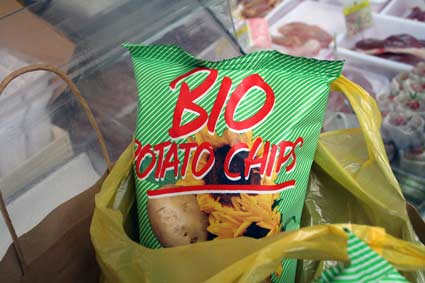
I seem to be one of those people who goes organic when it’s truly better tasting, when buying or eating American beef, or isn’t priced stratospherically high. The organic carrot juice at Trader Joe’s that’s 50 cents more seems to be a price difference I can live with. But there’s no Trader Joe’s in Paris, yet, and I don’t for see their arrival anytime soon. And I try to live responsibly; I bring my own basket to the market, I schlep my lettuce-washing water to my plants after washing salad greens, I don’t drive in Paris (which is why I’m still alive), and I’ve never, ever thrown away a twist-tie in my life, and guard my stash of them with my life (…thanks for that one too, mom.)
But then I worry if washing my plastic bags for re-use wastes more energy in water usage than simply tossing them out. Is sporting a wicker basket at the market mark me as a tourist? And my first (and last) experience buying ‘green’ toilet paper made from recycled wood pulp was, um, rather unpleasant.
I spent over 13 years working at Chez Panisse, where Alice Waters insisted that we forage as much of our ingredients as possible from organic producers and sources. At first we had some difficulties, but soon we found we were able to get most of what we wanted organically and developed wonderful relationships with farmers. Since we paid more, they’d spend more time growing what we wanted. Alice didn’t mind that food costs were very high, spending $5 per pound for organic butter, and the like. She encouraged us to be leaders in a global movement, which was possible due to the high profile and popularity of Chez Panisse. Being in sympathetic Berkeley perhaps didn’t hurt either.
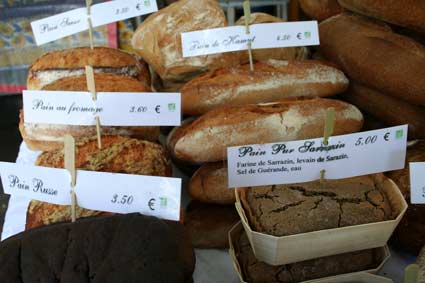
But it seems now it’s fashionable to complain about organics and there’s lot of articles I’ve read lately that attack organics. I wonder about the backlash that’s happening. Yes, the organic movement is criticized for being hi-jacked by big business. But don’t we want Frosted Flakes to go organic? (Not that I eat Frosted Flakes…) And don’t we want Coke without all the preservatives? (Not that I drink Coke either…) But isn’t it better than all those chemical being dumped into our eco-system?
The same people who joke about the high price of shopping at “Whole Paycheck” don’t seem to remember that a little over a decade ago, finding anything like radicchio, goat cheese, espresso, blood oranges, and hearth-baked breads was practically unheard of. And they also don’t seem to mind spending a fortune on cars, gym memberships, and watery soy lattes. Just a few years back, if you wanted anything organic or ‘natural’, you had to brave getting trampled by Birkenstocks or getting strangled by someone’s dashiki drawstrings while sorting through crinkly apples rotting in wooden bins at the health food store.
There’s been lots of press about the downside of organic. We’ve all been saying how we wanted better foods available to all (Safeway has introduced an organic line) and how it’s out-of-reach for the less well-off (Wal-Mart is soon to introduce several lines of organic goods.) But the scare to small farmers and growers is that the large corporations will flex their muscles to force down prices, and the little guys will go out of business, who can’t compete with corporate organic agri-giants. That’s why I’m a ‘local trumps organic’ kinda mec. I feel it’s far more important to keep local businesses and neighbors afloat. Still, I can’t help but give credit to large corporations for responding to the public and expanding the availability of organics to the masses.
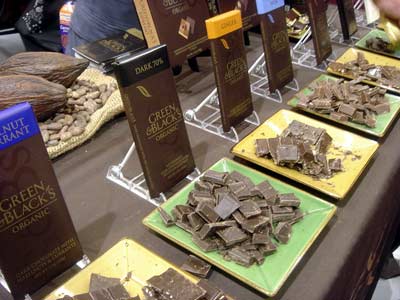
We have two thriving organic markets here in Paris and even though they’re across town, I’m trying to visit them more often. One is the Batignolles market in the 17th, and the other at Boulevard Raspail, which draws a bit more of an upscale crowd. On Saturday, we braved the intense rainstorm, which alternated with moments of brilliant sunshine, and sloshed around the Marché Biologique Batignolles.

There were beautiful vegetables everywhere, that the crowd seemed to be buying. Yes, prices were higher, but to me, they seemed proportional to the exceptional quality of most of what was available: rounds of organic camemberts and wheels of brie de meaux, mounds of golden-yellow butter riddled with flecks of sea salt from Brittany, and meaty pâtes and pintades, of Guinea fowl, raised in the open-air of the French countryside.
One of the most curious things we saw people frying up the globally loathed veggie-and-lentil patties, which resembled what people used to think of as ‘health food’ back in the days of yore….although I’m probably guilty of frying up perhaps a few of them a while back as well. Still, to do it publicly should be a crime. Especially here in Paris.
There’s a certain amount of potions, creams, and tinctures for what ails you, as well as lots of beautiful, dense, grainy breads. One vendor had wood-oven baked breads made with everything from kamut to buckwheat, quinoa to cornmeal, and dark Russian rye that was as black as charcoal, which I would have bought except I had three loaves of bread sitting in my kitchen. My ‘French Bread Crisis‘, as I call it…how can I possibly eat all the bread I seem to collect?
So there is a thriving organic movement here, although I got the feeling that most people were like me; shopping there because of the exceptional quality of the food. Now that the weather’s nicer (mostly), I’m going to venture across town more often to the Batignolles market on Saturdays, to support the local producteurs.
Perhaps if I support organic cheesemakers and boulangers, I won’t feel quite so guilty buying non-recycled toilet paper. Now if I could only find some that was locally-produced, then I’d be in business.
Marché Biologique Batignolles
Every Saturday morning
Métro: Rome
Marché Biologique Raspail
Every Sunday morning
Métro: Sèvres-Babylon

